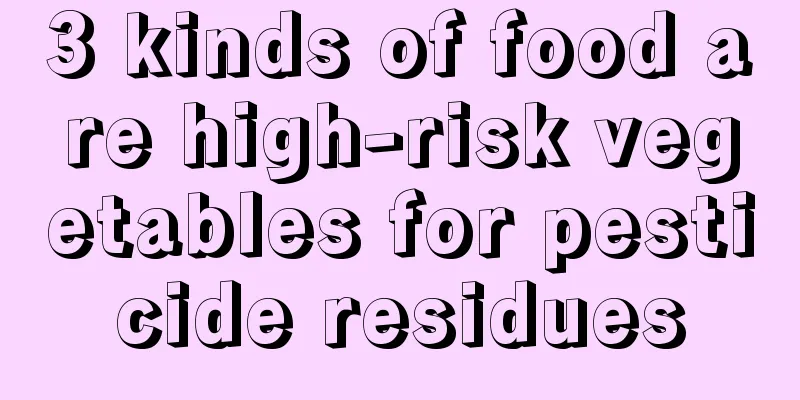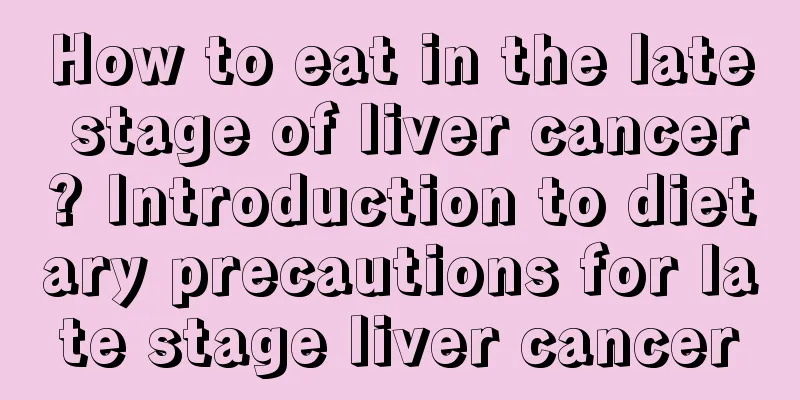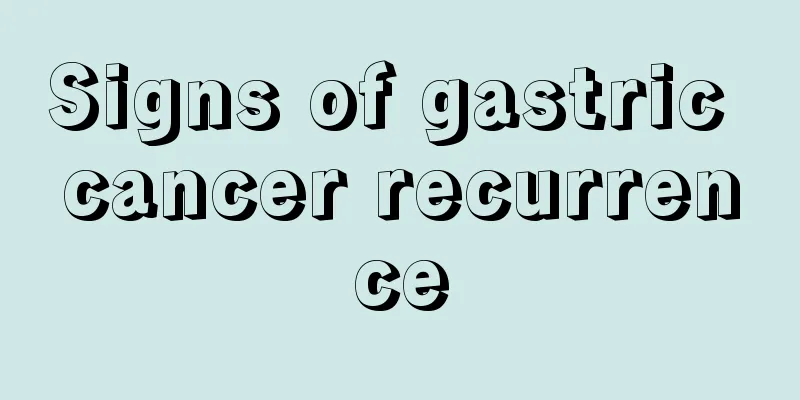3 kinds of food are high-risk vegetables for pesticide residues

|
When it comes to eating vegetables, what people are most concerned about is the "pesticide residue" problem. In fact, there are many little-known rules regarding pesticide residues in vegetables. The reporter interviewed Li Shidong, a researcher at the Institute of Plant Protection, Chinese Academy of Agricultural Sciences, and referred to a number of related large-scale surveys and studies in China to reveal the little-known rules about pesticide residues in vegetables. 1. Leek, cabbage and cowpea are considered “high-risk vegetables for pesticide residues”. In Changchun City, a pesticide residue survey conducted by Northeast Normal University from 2000 to 2004 showed that leek was the only vegetable that made the pesticide residue failure list for all four years. Li Shidong pointed out that the lowest qualified rate of leeks is mainly related to the fact that their roots are susceptible to attack by leek maggots. In addition to leeks, cabbage is also a "high-risk vegetable for pesticide residues", and its pesticide residues are mainly caused by "heart injection" of pesticides. Cowpeas also require a large amount of pesticides to control pests, and the application period is generally close to the harvest period. This will result in some mature cowpeas being sold on the market before the pesticides have time to decompose naturally, so the pesticide residues are also high. 2. The detection rate of pesticide residues in beans, green leafy vegetables and eggplant vegetables is relatively high, while melons and edible fungi are more reassuring. The laboratory of the Yuhang District Agricultural Products Monitoring Center in Hangzhou City tested 440,000 vegetable samples over a period of one year, and the results showed that the pass rate varied with different vegetable varieties. The pass rates from low to high are beans (cowpea, sword bean) < Solanaceae (eggplant) < green leafy vegetables (celery, lettuce) < taro and root vegetables (potato) < onions and garlic (scallions) < melons (cucumber, bitter melon), edible fungi (oyster mushroom). The vegetables in brackets have exceeded the pesticide residue limit. Among them, aquatic vegetables, wild vegetables, and sprout vegetables are the most reassuring, with a pass rate of 100%. It is worth noting that due to differences in vegetable production areas, this rule does not apply to all parts of the country. 3. In terms of months, the qualified rate of vegetables is lowest in June and August, and highest in March. Researchers from the Ministry of Agriculture's Agricultural Product Quality Safety Supervision, Inspection and Testing Center found in a survey that the rate of exceeding the standard for pesticide residues in vegetables throughout the year first increased and then decreased with the passage of time. The rate of excessive pesticide residues in vegetables was the lowest in March, the highest in June, the second highest in August, and then dropped significantly again in November. This is almost similar to many other research results in China. Li Shidong pointed out that the ups and downs of this intuitive curve are also mixed with many variables, such as climate change and severe occurrence of diseases and insect pests in summer. 4. Vegetables in supermarkets are not necessarily safer than those in farmers' markets. From December 2007 to September 2008, a test on organophosphorus pesticide residues in nearly 40,000 vegetable samples in Changsha showed that the pass rate of vegetable pesticide residue tests from 22 farmers' markets was higher than the combined data of 26 supermarkets. The research team speculates that the vegetables in supermarkets mainly come from designated vegetable production bases, which pay attention to the appearance and quality of the vegetables, and the amount of pesticides used may be higher than that of vegetables produced on a small scale by farmers. Finally, it should be noted that although many vegetables were found to contain excessive pesticide residues, based on a number of relevant test data, the national average pass rate for vegetable pesticide residues is above 90%. For example, the pass rate for the 440,000 vegetables mentioned above was 99.91%. After proper processing, everyone can eat safe food. |
<<: Nine bad habits make your body healthier
>>: The extra piece of meat here is actually an overdose of toxins
Recommend
Wind-cold headache
In traditional Chinese medicine, it is believed t...
How to prevent eye bags
Bags under the eyes bother many people, and there...
Can fibroids be diagnosed?
Generally, it can be observed from the surface, b...
What should I do if my nail gets stuck in my flesh?
Nails stuck in the flesh are often called ingrown...
What are the symptoms of prostate cancer?
Prostate cancer is a very common and extremely ha...
My eyes hurt when I woke up
Why do my eyes hurt when I wake up? Eye pain afte...
What are the dangers of eating sweet potatoes for a long time
Sweet potatoes have many medicinal effects, so ma...
What to do if you keep vomiting after being drunk
In my life, almost any event or party cannot be h...
What is the appropriate amount of folic acid intake
Many women take folic acid after pregnancy becaus...
Can eating small meals frequently help you develop a lean body?
Nowadays, many people do not control themselves i...
How effective is Fufang Qingdai Pills
A series of skin diseases, led by psoriasis, are ...
Why is saliva salty
Every adult secretes about one thousand to one th...
What is the reason for peeling and itching feet
Disease is a very common situation in people'...
A cold that lasts for half a month is AIDS
Speaking of AIDS, many people should feel afraid,...
When do Fujian mangoes ripen
Mango is a tropical fruit and there are mango pro...









